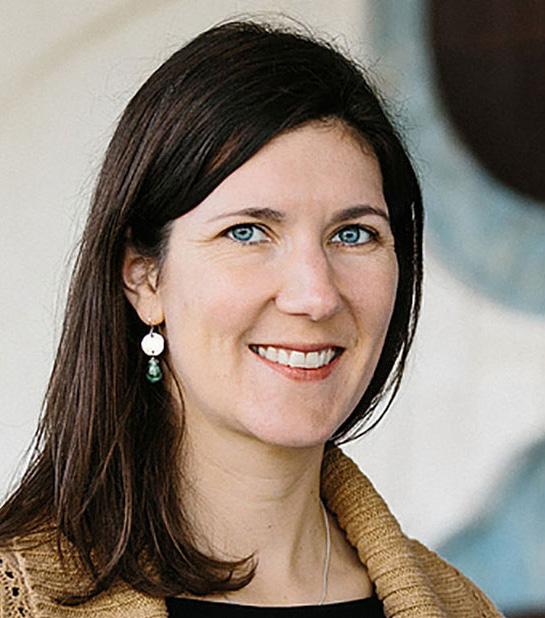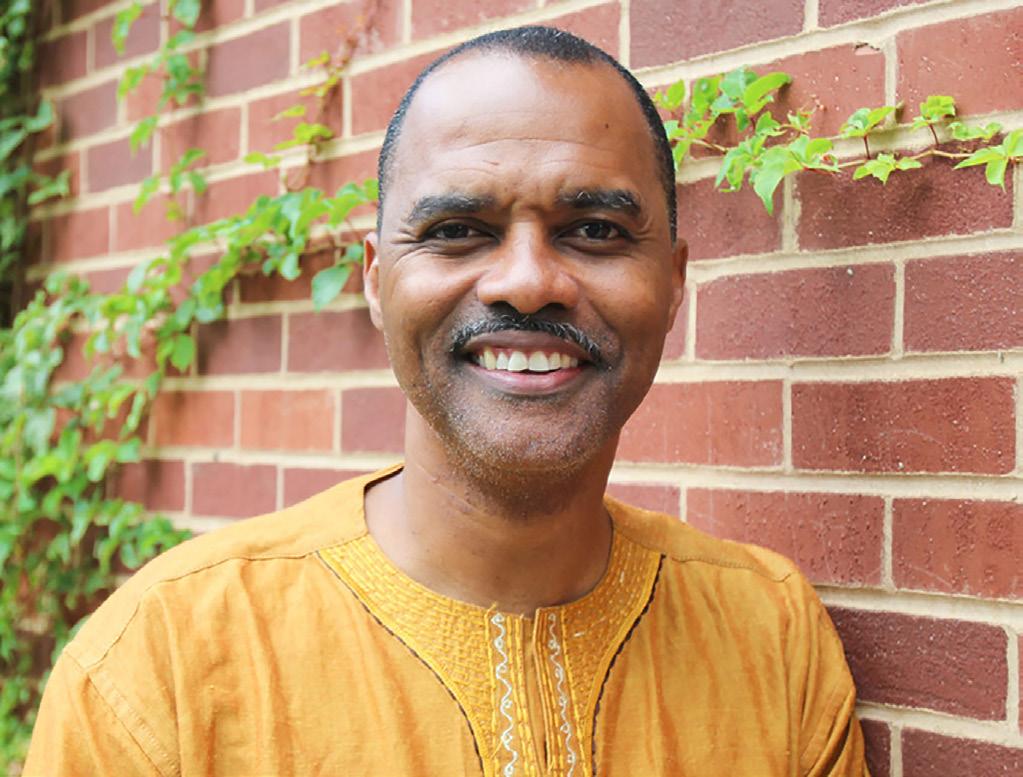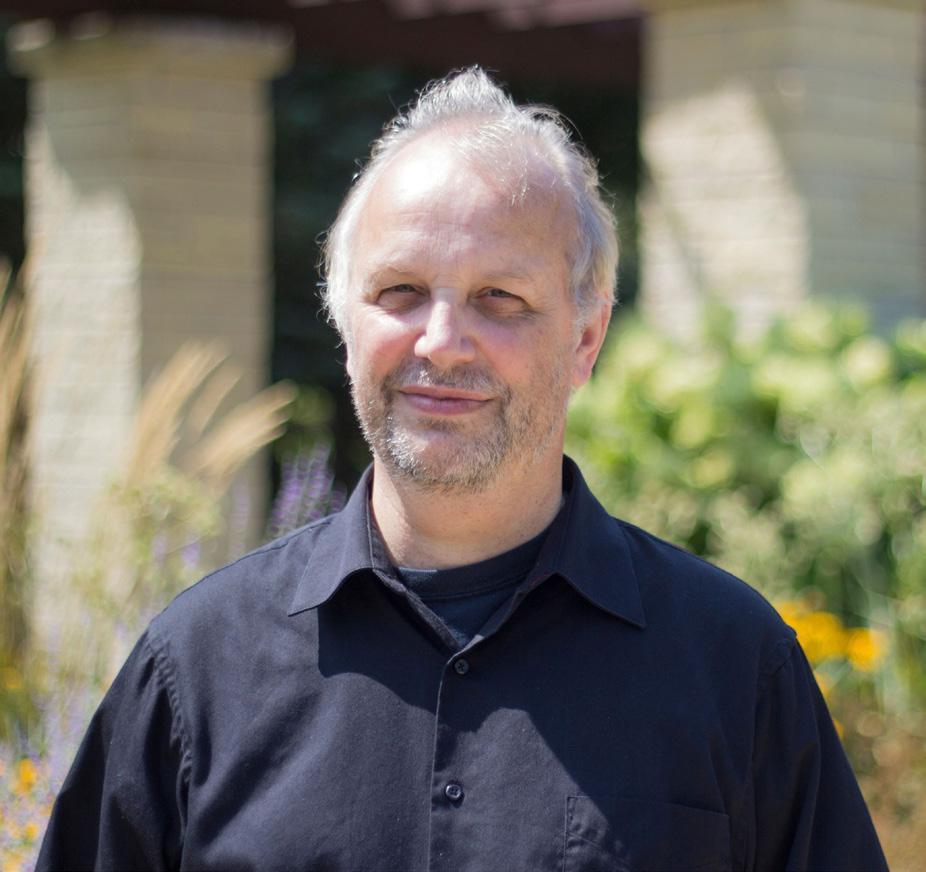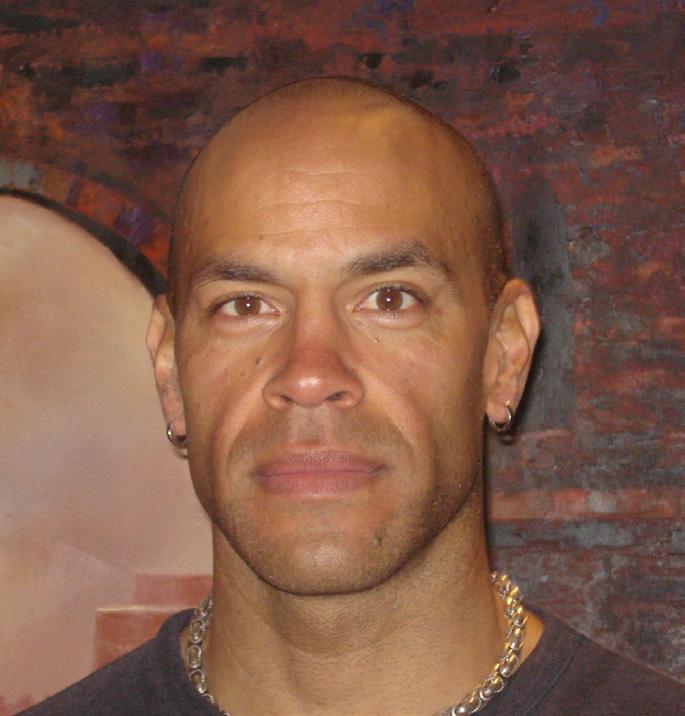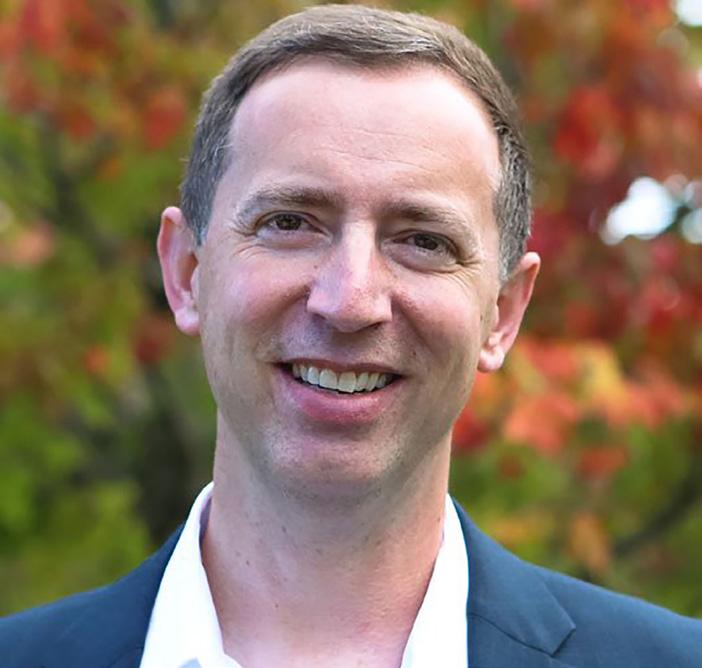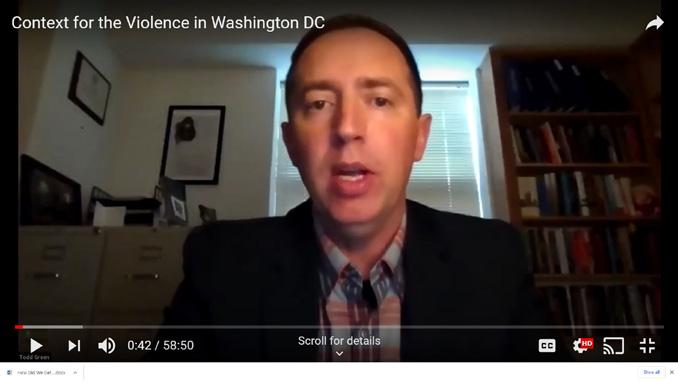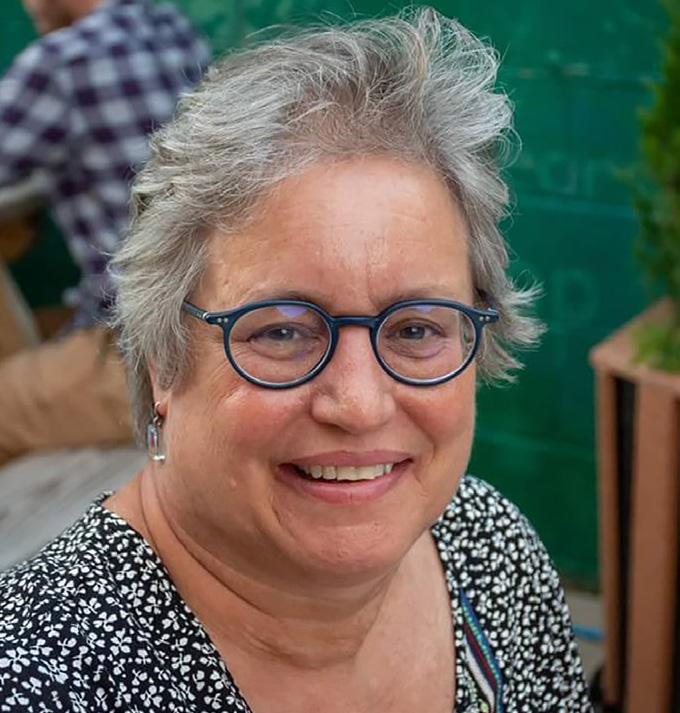
4 minute read
Hope: My Reflections on Climate Justice Week (April 23, 2021) Salomé Valdivieso Santillán '23
from Agora Spring 2021
Hope: My Reflections on Climate Justice Week
by SALOMÉ VALDIVIESO SANTILLÁN ’23
We have a belief in Inca Andean cosmology that the earth is our mother, named the Pachamama.The Pachamama is believed to be the source of all our living creatures, life, and the souls that inhabit this planet. We humans are the daughters and sons of the Pacha. We owe her our life. As our mother, she vows to protect us and we vow to protect her. However, there’s just so much the Pacha can do if we don’t protect each other in our community. It is believed that if humans don’t show gratitude after every harvest season, the Pacha gets upset, and she will respond with suffering, scares, and illness. Every year gratitude to the Pacha is a collective effort to show her that we are grateful for the life she provides. The Inti Raymi festival and the Pawkar Raymi celebrations are spaces in which the community reflects on the value of life and the importance of taking care of one another as a symbol of respect to our mother, the Pachamama. Many times, I have wondered if the Luther community resembles the sentiments I have found at home in Ecuador. I have experienced environmental injustice in flesh and blood, and as a person of color from a Third World country, I sadly know that I will keep experiencing it in the future, and my daughters and sons will do as well if I, and we, don’t do anything about it. Sometimes I feel very hopeless. I feel hopeless when I see the values of capitalism and consumerism overshadow our humanity. I feel hopeless when I see that environmental disasters don’t hold us all accountable because people across the ocean have money to cover their crimes. I feel hopeless when I see how Black, Brown, and Indigenous bodies and communities are disproportionately affected by the climate crisis. I feel hopeless when the Ecuadorian government and American oil companies are not held accountable for the destruction of the Amazon rainforest in the name of the oil we all consume every day. I feel hopeless when I see the arbitrary murder of Black and Brown bodies, like the murder of Ma’Khia Bryant, a 16-year-old girl who called the police for help but only found death in the response, and the murder of Adam Toledo, a Latino boy of 13 years old in Chicago shot by a policeman after he raised his hands to show he didn’t have a gun. I feel hopeless when I don’t see myself represented in a class, or when some of my peers’ faces seem numb to the pain of others in our community. I feel hopeless when again and again I see how we humans hurt each other and hurt our Pachamama by extension. I feel hopeless in the lack of empathy, solidarity, and action. I feel hopeless and I feel tired of feeling hopeless. But there are also spaces of recovery and healing. There are spaces of hope. And if I could summarize what this Climate Justice Week has given me this year, it is hope. On Tuesday, for example, when I heard the verdict declaring Derek Chauvin guilty of the murder of George Floyd, I recover my hope. On Wednesday morning, when I heard my peer Sletsy talk about the resiliency and resistance of his community back home in Eswatini, I recover my hope. On Wednesday evening, when I was part of the vigil organized by BSU and campus ministries, at the moment when all of us for a second held our lights up high to illuminate the dark spaces in between the feelings of pain and relief, I recover my hope. On the same Wednesday evening, when anthropologist Susan Crate mentioned how humans are causing the environmental crisis but how also we, the youth, have the power to shift it, I recover my hope. On Thursday, when for a moment I just saw people grabbing lunch outside and sitting in the grass enjoying the sun, and when today I see all of us united in this chapel talk to simply hear me, an Ecuadorian young woman who only hopes that her future gets better, I recover my hope. APRIL 23, 2021
Salomé Valdivieso Santillán
All these moments make me forget for a second what kind of society we live in. But we cannot be oblivious to the oppression and suffering from people in our community, in this country, in our world. Every action counts. And I have hope that every little thing we do here today in this campus has a bigger impact. Like the butterfly effect, today my hope is that in one way or another we are contributing to building a better future for people all across the globe. Healing for our earth, healing for us humans, especially healing those of us in vulnerable communities is needed. And we all have the power to create spaces of healing, empowerment, and action. I believe that the power of a united community can change everything. I believe in the power and potential of this, the Luther community. It’s my hope today that we keep building this community towards a more fair, just, and sustainable future. Students, staff, faculty and administration, all of us should and NEED to be together if we want real change. I have hope that our leaders won’t disappoint us while we keep them accountable. I HAVE HOPE IN THE POWER OF OUR COMMUNITY. Thank you.

